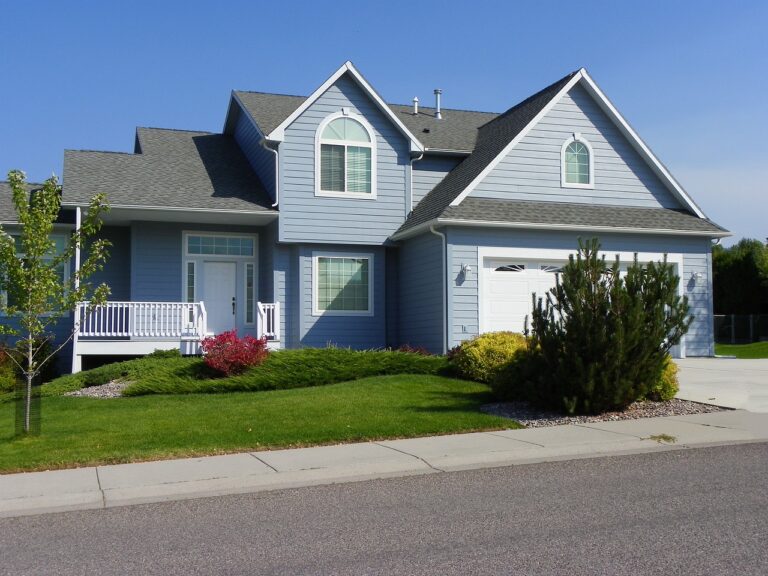Understanding Driveway Resurfacing: 11xplay reddy login id and password, Laser247. Com cricket, Sky live casino
11xplay reddy login id and password, laser247. com cricket, sky live casino: Driveway resurfacing is a common maintenance task that homeowners may need to undertake to keep their driveway in top shape. Whether your driveway is made of concrete, asphalt, or pavers, over time, wear and tear can take its toll and cause cracks, stains, or even potholes to develop. Resurfacing your driveway can help to restore its appearance, improve its functionality, and extend its lifespan.
If you’re unfamiliar with the process of driveway resurfacing, don’t worry we’ve got you covered. In this blog post, we’ll break down everything you need to know about driveway resurfacing, from why it’s important to how it’s done and what you can expect during the process. So grab a cup of coffee and get ready to learn all about driveway resurfacing!
Why is Driveway Resurfacing Important?
Driveway resurfacing is essential for maintaining the structural integrity and aesthetic appeal of your driveway. Over time, factors like weather, heavy vehicles, oil spills, and general wear and tear can cause damage to your driveway’s surface. If left unchecked, these issues can worsen over time, leading to more extensive damage and potentially costly repairs down the line.
By resurfacing your driveway, you can address any existing damage, prevent further deterioration, and give your driveway a fresh new look. Not only will this enhance your home’s curb appeal, but it will also help to protect your investment in your driveway and increase the value of your property.
How is Driveway Resurfacing Done?
The process of driveway resurfacing typically involves several steps, including preparation, repair, resurfacing, and sealing. Here’s a brief overview of each step:
1. Preparation: The first step in driveway resurfacing is to clean the surface thoroughly to remove any dirt, debris, or stains. This may involve pressure washing, scrubbing, or using chemical cleaners to ensure a clean surface for the resurfacing material to adhere to.
2. Repair: Once the surface is clean, any cracks, potholes, or damage should be repaired to prevent them from worsening. This may involve filling cracks with a patching compound, replacing damaged pavers or asphalt, or leveling out uneven areas.
3. Resurfacing: After the surface has been prepared and repaired, a new layer of resurfacing material is applied. The type of material used will depend on the existing surface of your driveway concrete driveways may be resurfaced with a concrete overlay, while asphalt driveways may require a new layer of asphalt or a seal coat.
4. Sealing: Once the resurfacing material has been applied, it’s important to seal the driveway to protect it from the elements and extend its lifespan. A sealant will help to prevent water damage, UV damage, and stains, keeping your driveway looking fresh and new for years to come.
What to Expect During the Driveway Resurfacing Process?
If you’re planning to resurface your driveway, it’s essential to know what to expect during the process. Here are a few key things to keep in mind:
1. Duration: The length of time it takes to resurface a driveway will depend on the size of the driveway, the extent of the damage, and the weather conditions. In general, you can expect the process to take anywhere from a few days to a week to complete.
2. Cost: The cost of driveway resurfacing can vary depending on the size of the driveway, the type of resurfacing material used, and any additional repairs that may be required. It’s a good idea to get multiple quotes from reputable contractors to ensure you’re getting the best deal.
3. Maintenance: After your driveway has been resurfaced, it’s essential to take care of it properly to keep it in top condition. This may involve regular cleaning, resealing every few years, and addressing any damage or issues as soon as they arise.
Overall, driveway resurfacing is a valuable investment that can improve the appearance and functionality of your driveway while protecting your home’s value. By understanding the importance of driveway resurfacing, knowing how the process is done, and what to expect during the process, you can make informed decisions about maintaining your driveway for years to come.
FAQs
Q: How often should I resurface my driveway?
A: The frequency of driveway resurfacing will depend on the type of material your driveway is made of, the level of use it gets, and the climate in your area. In general, asphalt driveways may need to be resurfaced every 8-10 years, while concrete driveways can last 15-20 years before needing to be resurfaced.
Q: Can I resurface my driveway myself, or should I hire a professional?
A: While some homeowners may have the skills and equipment to resurface their driveway themselves, it’s generally recommended to hire a professional contractor for larger resurfacing projects. A professional will have the experience, knowledge, and tools to ensure the job is done correctly and efficiently.
Q: How long will a resurfaced driveway last?
A: The lifespan of a resurfaced driveway will depend on factors like the quality of the materials used, the level of maintenance it receives, and the climate in your area. With proper care and maintenance, a resurfaced driveway can last 10-15 years or more.







